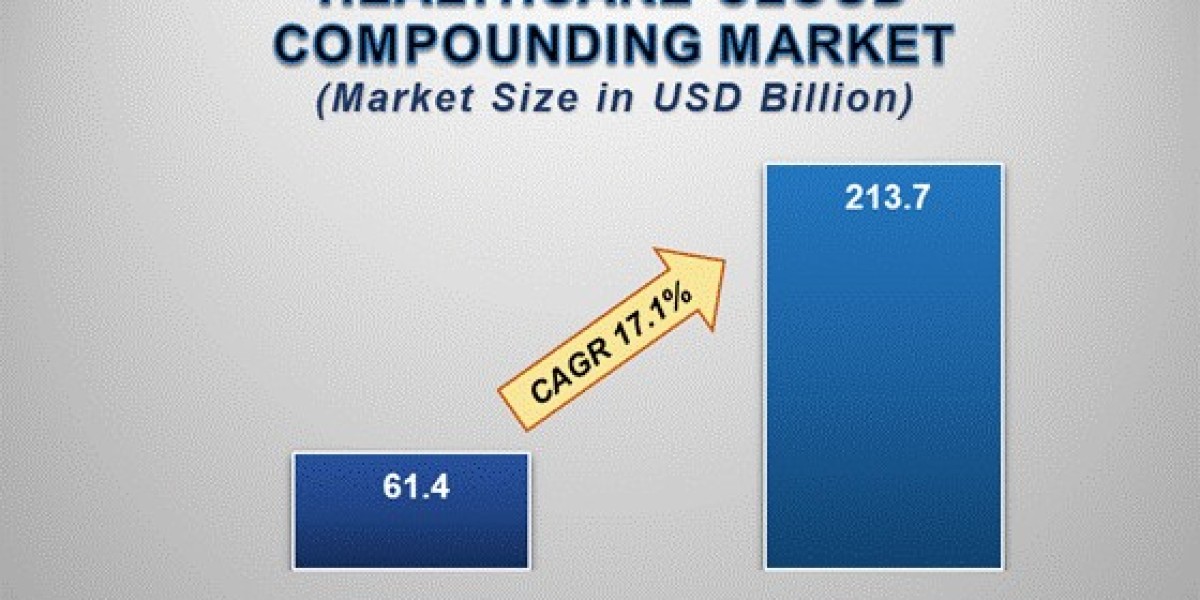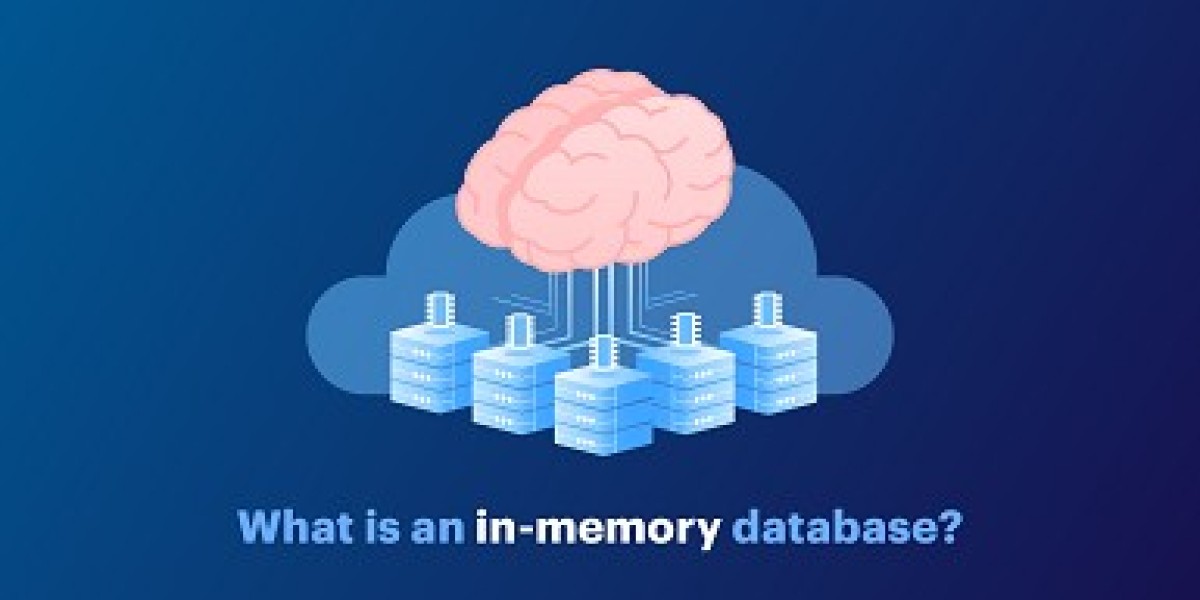Introduction
Healthcare cloud computing has become one of the most transformative forces in modern healthcare. The increasing adoption of digital health solutions, the shift towards value-based care, and the demand for flexible, scalable, and cost-effective infrastructure have all pushed healthcare providers, payers, and technology innovators toward the cloud. From enabling electronic health records to powering telemedicine, artificial intelligence, and genomic research, the healthcare cloud computing market is evolving as a cornerstone of digital health transformation.
For a deeper dive into the data and forecasts, you can explore the full
https://m2squareconsultancy.com/reports/healthcare-cloud-computing-market
Market Landscape
The healthcare cloud computing market has been witnessing significant growth worldwide. As healthcare systems generate more data than ever before—ranging from patient records and diagnostic images to genomic sequencing and IoT sensor data—the demand for scalable storage and high-performance computing resources has grown rapidly. The cloud provides a viable solution, offering healthcare organizations a secure, interoperable, and cost-efficient way to manage data while driving innovation in patient care.
North America has been a frontrunner in adoption due to its advanced healthcare infrastructure and supportive regulatory environment. However, Asia Pacific is emerging as a high-growth region as governments and private players invest in digital health initiatives, particularly in countries where healthcare access and delivery are rapidly evolving. Europe, Latin America, and the Middle East are also experiencing steady adoption as health systems embrace cloud-based technologies to streamline operations and improve care delivery.
Download a free sample of the Healthcare Cloud Computing Market report
https://m2squareconsultancy.com/request-sample/healthcare-cloud-computing-market
Get Buy Now Link : https://m2squareconsultancy.com/purchase/129
Key Drivers of Growth
One of the strongest growth drivers is the surge in telehealth and virtual care. The pandemic accelerated digital adoption in healthcare, and cloud-based platforms provided the backbone for remote consultations, secure patient-provider communication, and real-time monitoring. Today, these services are no longer limited to crisis response—they have become integral parts of mainstream healthcare delivery.
Another powerful force is the explosion of healthcare data. Imaging systems, wearable devices, pathology labs, and genomic research are generating petabytes of information. Cloud infrastructure enables healthcare organizations to handle this scale of data with ease, while also supporting advanced analytics and machine learning applications. This shift is allowing physicians, researchers, and administrators to derive insights that improve clinical decision-making, predict patient outcomes, and optimize resource utilization.
Cost reduction is another central motivator. Traditional on-premises IT infrastructure is expensive to maintain and scale. The cloud allows healthcare organizations to transition from large capital expenditures to more manageable operational expenses. By adopting pay-as-you-go models, hospitals and clinics can scale resources up or down depending on demand, ensuring efficiency without compromising patient care.
The need for interoperability and collaboration has also fueled adoption. Healthcare often involves multiple stakeholders, including hospitals, laboratories, insurance companies, and public health agencies. Cloud-based platforms make it easier to share data securely, reduce duplication of efforts, and ensure continuity of care. This collaborative ecosystem supports not only patient treatment but also multi-center clinical trials and research initiatives.
Finally, government policies and regulations encouraging digital health adoption play a crucial role. Many regions are implementing strategies to promote electronic health records, healthcare IT modernization, and digital health exchanges. Such initiatives, when paired with cloud solutions, accelerate adoption and create long-term structural changes in the industry.
Emerging Trends
The market is evolving with several important trends shaping its future. Hybrid and multi-cloud models are becoming increasingly common. Healthcare organizations often prefer to maintain sensitive patient data in private clouds while leveraging public clouds for less sensitive applications. This approach offers both control and flexibility, reducing risks while enhancing scalability.
Another trend is the integration of artificial intelligence and advanced analytics. Cloud platforms are increasingly embedding AI services that support clinical decision-making, automate workflows, and assist in predictive analytics. From reading diagnostic images to anticipating hospital admission surges, these AI-enabled tools are becoming essential parts of healthcare delivery.
Telehealth platforms are also expanding their scope. What began as simple video consultations has now grown into full virtual care ecosystems. Patients can use integrated platforms for appointments, prescriptions, remote monitoring, and follow-ups. These services are powered by cloud-based infrastructure that supports seamless integration with electronic health records and patient engagement tools.
Security and compliance innovations are also noteworthy. With patient data being highly sensitive, cloud service providers are continuously enhancing data encryption, access management, and regulatory compliance features. Certifications aligned with frameworks such as HIPAA, GDPR, and ISO are now considered mandatory benchmarks for healthcare cloud vendors.
Another promising development is the rise of smart hospitals and the Internet of Medical Things. Connected devices ranging from wearable monitors to advanced imaging machines generate vast amounts of data that must be processed in real time. Cloud and edge computing solutions are enabling hospitals to create intelligent, connected environments that improve efficiency, patient safety, and clinical outcomes.
Challenges
While the opportunities are immense, the healthcare cloud computing market faces several challenges. Data security and privacy remain top concerns. Healthcare data is often targeted by cybercriminals, and breaches can have serious implications. Providers must implement stringent safeguards, including encryption, authentication protocols, and constant monitoring.
Regulatory compliance is another hurdle. Different regions impose different standards on how patient data is stored, accessed, and shared. Ensuring compliance with multiple legal frameworks requires careful planning and often increases the complexity of cloud deployments.
Legacy system integration continues to be a pain point for many healthcare organizations. Hospitals often rely on outdated IT systems that are not designed to integrate seamlessly with cloud platforms. Migrating from legacy systems is costly, time-consuming, and prone to interoperability issues.
Reliability and connectivity also play a crucial role. Cloud systems depend on stable internet access, which can be a challenge in remote areas or in the event of network outages. Downtime or connectivity issues could disrupt clinical workflows and compromise patient care.
In addition, organizations must address challenges related to vendor lock-in. Once a healthcare provider commits to a specific cloud provider, moving data or applications to another platform can be costly and complex. This can create long-term dependencies and limit flexibility.
Finally, successful adoption requires more than technology—it requires cultural and organizational change. Clinicians and staff need training and confidence in cloud-based systems. Without adequate change management and trust-building, even the most advanced solutions may struggle to gain full acceptance.
Future Outlook
The healthcare cloud computing market is on a trajectory of strong and sustained growth. As digital health becomes embedded in every aspect of care delivery, the reliance on scalable, secure, and intelligent cloud infrastructure will only deepen. The integration of artificial intelligence, edge computing, and advanced analytics will accelerate innovation, leading to more personalized, predictive, and preventive healthcare.
Smart hospitals powered by IoT devices, cloud-based telehealth platforms, and nationwide health information exchanges are likely to become more widespread. Cloud computing will also play a pivotal role in precision medicine, supporting genomic sequencing, drug discovery, and population health management.
Healthcare providers that adopt forward-looking cloud strategies, invest in interoperability, and prioritize data security will be best positioned to thrive in this evolving landscape. Collaboration between cloud vendors, healthcare organizations, and regulators will be essential to ensure that innovation does not come at the expense of patient safety or data privacy.
Conclusion
Healthcare cloud computing is no longer an optional investment—it is becoming the backbone of modern healthcare systems. By enabling scalability, cost efficiency, advanced analytics, and collaboration, it is driving the digital transformation of healthcare globally. Despite challenges around security, regulation, and integration, the long-term benefits outweigh the risks. The future of healthcare will increasingly be shaped in the cloud, where technology, data, and human expertise converge to deliver smarter, safer, and more accessible care.
Buy the full report today : https://m2squareconsultancy.com/purchase/129
About m2squareconsultancy
We are a purpose-driven market research and consulting company passionate about turning data into direction. Founded in 2023, we bring together researchers, strategists, and data scientists who believe that intelligence isn’t just about numbers, it’s about insight that sparks progress.
We cater to a wide range of industries by delivering customized solutions, strategic insights, and innovative support that help organizations grow, adapt, and lead in their respective sectors. Here’s a brief overview of key industries we work with
Contact Us:
Email: sales@m2squareconsultancy.com
Phone (IN): +91 80978 74280
Phone (US): +1 929 447 0100
Browse Related Reports
Global Ammunition Market Size And Forecast (2025 - 2033)
Helicopter Market Size And Forecast (2025 - 2033)
Tactical Communication Systems (TCS) Market Size and Forecast (2025 - 2033)
Advanced Driver Assistance Systems (ADAS) Market Size and Forecast (2025 - 2033)
Shipping Containers Market Size and Forecast (2020 - 2033)
Electric Vehicle Battery Case Market Size and Forecast (2025 - 2033)
Recyclable Packaging Market Size and Forecast (2025 - 2033)
Driving Simulator Market Size and Forecast (2025 - 2033)
Automotive Robotics Market Size and Forecast (2025 - 2033)
Water-Soluble Fertilizers Market Size and Forecast (2025 - 2033)
Medical Device Packaging Market Size and Forecast (2025 - 2033)
Humanoid Robot Market Size and Forecast (2025 - 2033)
Hybrid Vehicle Market Size and Forecast (2025 - 2033)
Dairy Alternative Products Market Size and Forecast (2025 - 2033)
Hair Serum Market Size and Forecast (2020 - 2033)
Sports Sponsorship Market Size and Forecast (2025 - 2033)
Air Purifier Market Size and Forecast (2025 - 2033)
Digital Thread Market Size and Forecast (2025 - 2033)








